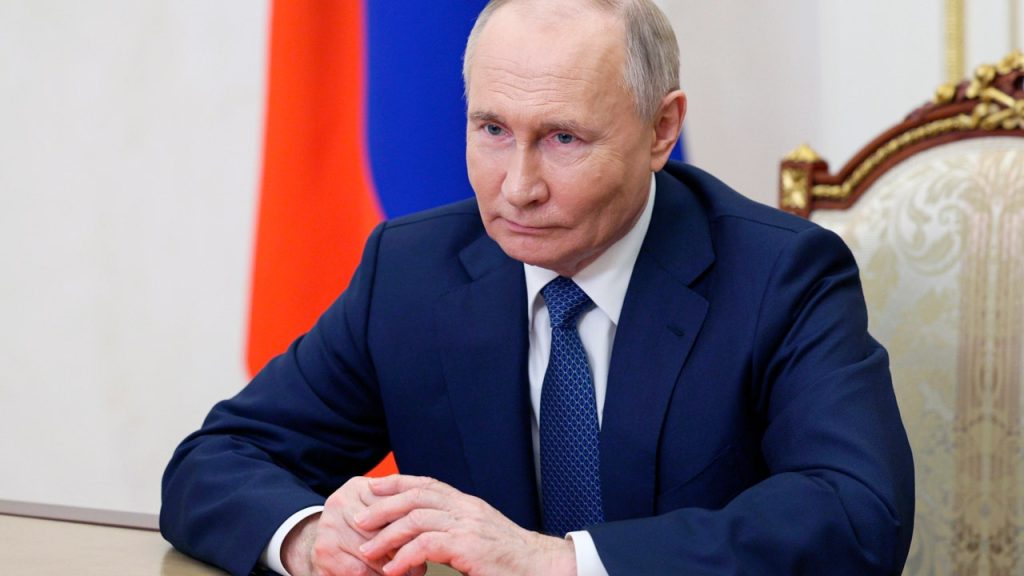Russian President Vladimir Putin recently appointed a new government, which included replacing the defense minister, Sergei Shoigu, with a former deputy prime minister who lacks a military background. This move came after Putin’s inauguration for a new six-year term, where the government submitted its resignation as per Russian law. Putin reappointed Mikhail Mishustin as prime minister, a decision that was quickly approved by the lower house of parliament. Shoigu was moved from his role as defense minister to head of the national security council, and deputy prime minister Andrei Belousov was nominated to take his place.
Shoigu has been a key figure in Putin’s decision-making process, especially in relation to the conflict in Ukraine. Russia had initially expected their military operation in Ukraine to be swift and successful, but instead faced strong resistance from the Ukrainian army. The conflict took a toll on Russian forces, leading to retreats and failed attempts to capture key regions. Shoigu’s reputation was further tarnished by the arrest of deputy defense minister Timur Ivanov on corruption charges. Despite these challenges, Putin’s latest decree largely retains the previous Cabinet, with a few new appointments in key ministries such as energy, sports, transport, industry, and agriculture.
The appointment of a defense minister without a military background raises questions about the future direction of Russia’s defense strategy under Putin’s leadership. The decision to move Shoigu to the national security council reflects a shift in priorities for the Russian government, with a greater focus on security challenges beyond traditional military operations. Putin’s choice of ministers in key sectors such as energy and agriculture will be closely watched for any potential policy changes in these areas. The ongoing conflict in Ukraine and Russia’s strained relations with the West will also shape the new government’s agenda.
As Putin begins his new term as Russian president, there is speculation about his future plans and how he will navigate challenges both domestically and internationally. Putin’s decision to maintain continuity in the Cabinet while making strategic changes in key positions indicates a desire for stability with a mix of new perspectives. The appointment of a defense minister with no military background could signal a shift towards a more nuanced approach to security issues, focusing on a combination of military strength and diplomatic engagement. With ongoing tensions in Ukraine and other global hotspots, Putin’s new government faces complex challenges that will test its ability to adapt and respond effectively.
The recent changes in Russia’s government reflect Putin’s efforts to consolidate power and maintain control over key sectors of the economy and security. The appointment of new ministers in energy, transportation, and industry suggests a focus on driving economic growth and modernizing key industries to protect Russia’s strategic interests. Putin’s decision to move Shoigu to the national security council indicates a more strategic approach to defense and security issues, with a recognition of the changing nature of modern threats. The coming months will show how Putin’s new government navigates these challenges and whether it can deliver on the promises of stability and prosperity for the Russian people.
Overall, Putin’s latest government appointments signal a continuation of his leadership style, with a mix of continuity and change in key positions. As Russia faces both domestic and international challenges, Putin’s ability to adapt and respond effectively will be closely scrutinized. The appointment of a new defense minister without a military background and strategic changes in key sectors such as energy and agriculture reflect a desire for innovation and flexibility within the government. Putin’s leadership in the coming years will be defined by his ability to navigate complex geopolitical dynamics and steer Russia towards a path of stability and prosperity.


